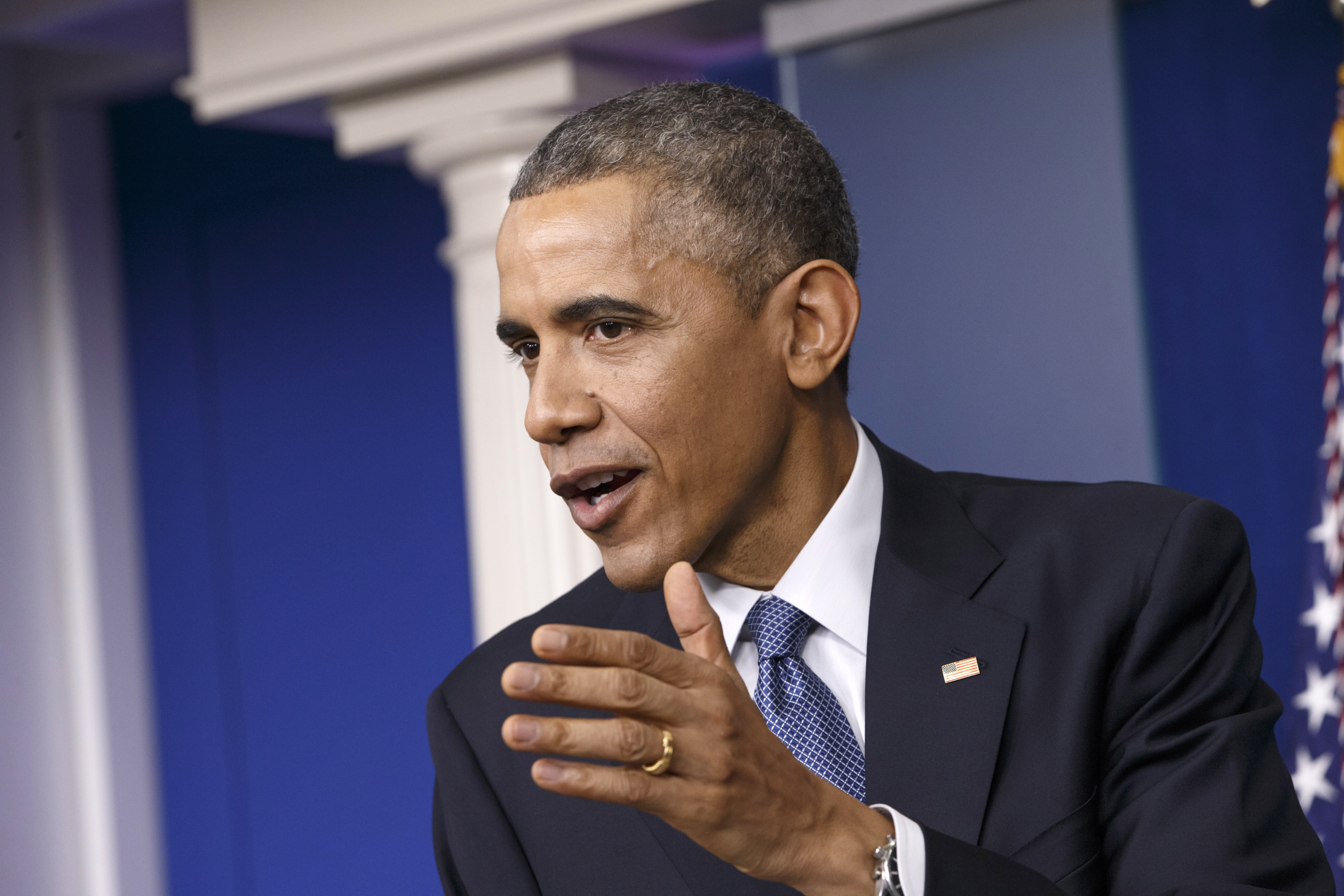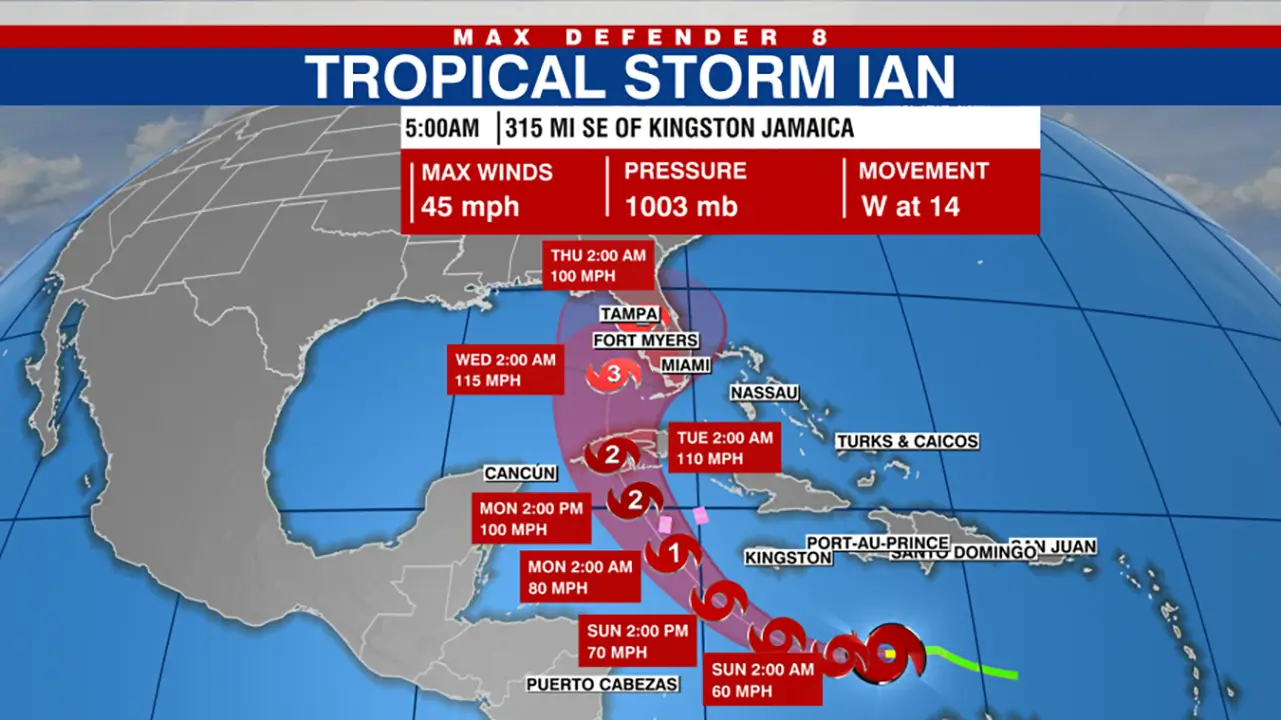Electric Buses – Driving into Jamaica’s Future
The Government is exploring the feasibility of introducing electric buses as part of the Jamaica Urban Transit Company’s (JUTC) fleet.
The move will be facilitated under an electric vehicle policy, which is being developed by the Ministry of Science, Energy and Technology.
Portfolio Minister, Hon. Fayval Williams, who is in Utah in the United States for a Solar Power International trade show, said that the potential benefits to be derived from the incorporation of electric vehicles in the public transport sector warranted a deeper exploration of the issue.
She was speaking to JIS News after a specially organised ride on an electric bus around parts of Salt Lake City on Monday (September 24)
The Minister was accompanied by United States (US) Ambassador to Jamaica, His Excellency Donald Tapia, and a delegation of energy sector technocrats.
. During the excursion, the team was addressed by Director for Business Development at electric bus manufacturing company, Proterra Inc, Alan Westenskow, who outlined a range of benefits to be derived from incorporating these vehicles into the country’s public transportation fleet.
“I will definitely be bringing back all this knowledge to the Minister of Transport [and Mining, Hon. Robert Montague], and I know he’s already been looking at this technology for Jamaica,” she said.
“So it’s good for me to learn about it as well, being on the energy side of things, and this can help us reduce our carbon footprint in Jamaica but also to reduce our costs for the public transportation sector. These buses are built to very high standards and to last for a very long time, and so we’d have to look at standards for Jamaica and just to look at the maths of it all,” she added.
Mr. Westenskow in outlining the advantages of the electric buses noted that they are more fuel-efficient.
“A normal diesel bus gets about four or five miles per gallon fuel efficiency. This bus right here, on average, gets approximately 21 miles per gallon. Over a two-year period, this bus gets approximately 21 miles per gallon equivalent… so you are looking at about four or five times the efficiency with an electric bus,” he said.
Noting that the electric buses manufactured by Proterra are designed to last for a minimum of 12 years, Mr. Westenskow said that they can comfortably travel up to 500,000 miles over that period, a considerably greater distance than that covered by their diesel counterparts.
“Transit buses, if you take 500,000 miles and divide that by 12, that’s 42,000 miles a year. A normal automobile travels about 12,000 miles a year so you are getting about three times the distance. The thing that is nice about that is that every mile you drive with an electric bus, you are going to save money because it’s more efficient and it costs less money,” he pointed out.
Mr. Westenskow said that switching to electric buses will also yield significant savings on maintenance for the public transportation company.
“You don’t have oil changes. You’re rarely changing the brakes because when you go downhill you’re regenerating because the motors are acting like the brakes. We generally expect that driving at normal miles, you are going to be about US$35,000 to US$40,000 in savings,” he pointed out.
The buses also incorporate another feature, which can have significant benefits during times of natural disasters.
“They are vehicle-to-grid, which allows you to actually use your power, if you had a problem. Say a hurricane comes through, you could actually use your buses to provide electricity if your grid is set up to handle that,” Mr. Westenskow pointed out
The buses are priced at US$750,000 each and Mr. Westenskow said that while the initial investment is high, the US$$35,000 to US$40,000 in annual savings will ensure that the Government gets value for money. “That about US$420,000 over 12 years,” he noted.
Development of the electric vehicle policy and promulgation of regulations under the Electricity Act will create the enabling environment for the use of the technology in the public transportation space.
Minister Williams informed earlier this month that local power company, Jamaica Public Service will be installing charging stations in the coming year as part of the necessary infrastructure to accommodate these vehicles.
Source: JIS




